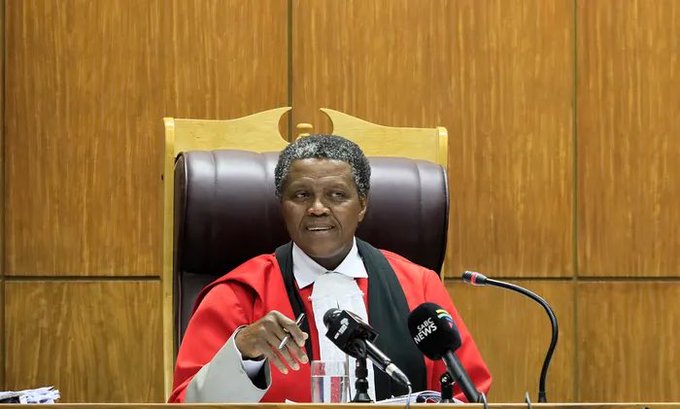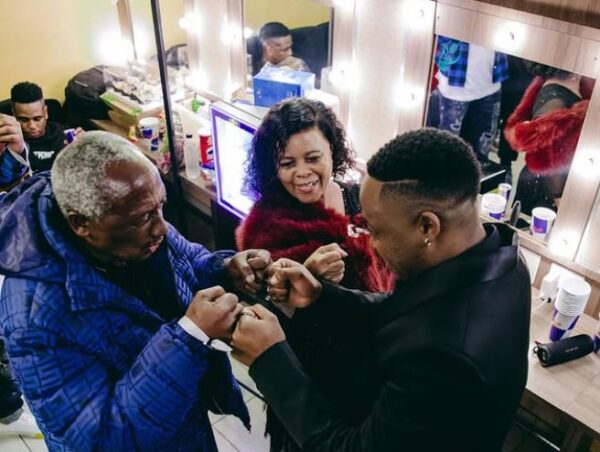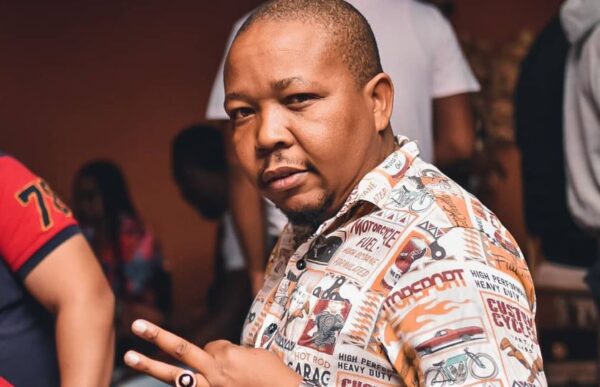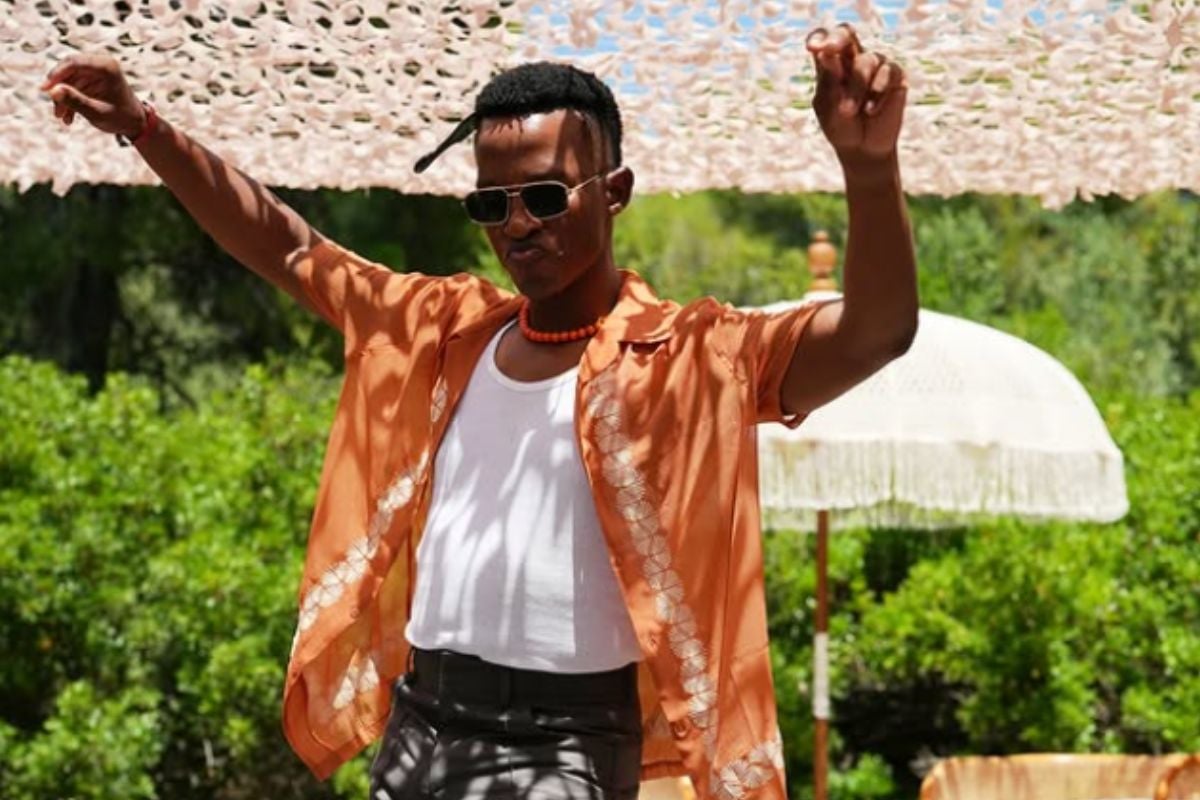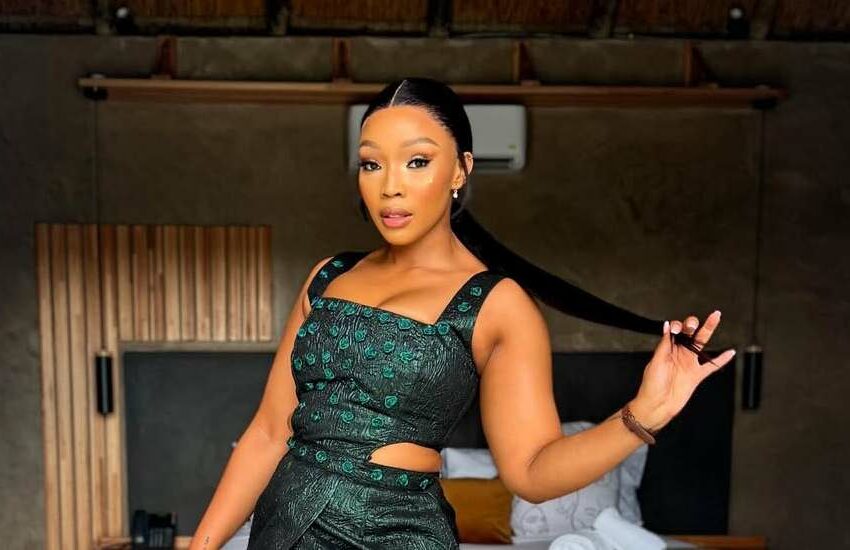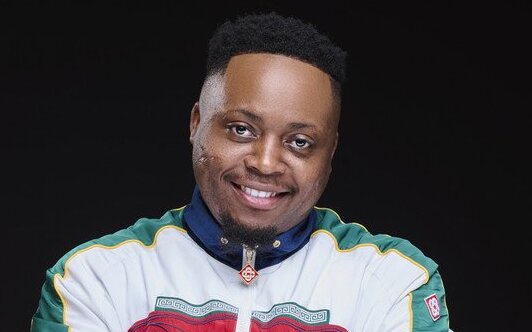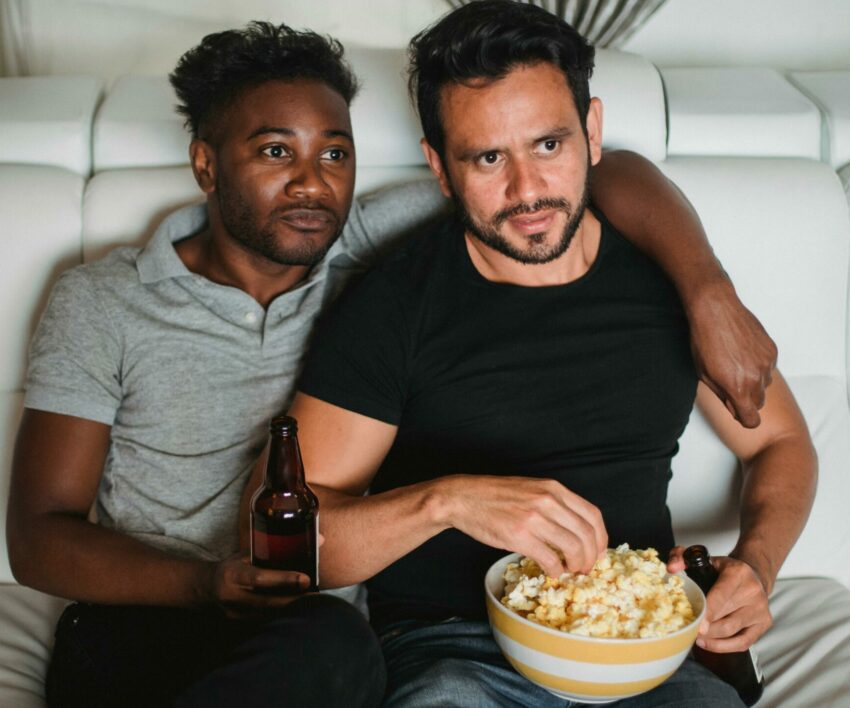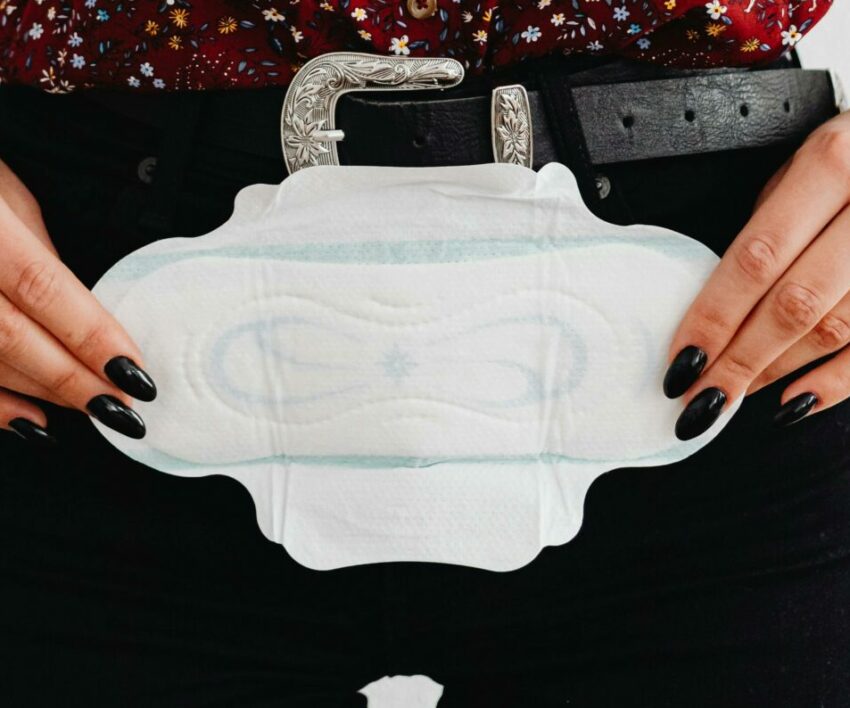Judge Ratha Mokgoatlheng: Picture: X
The judge at the centre of theSenzo Meyiwa murder trialhas publicly apologised after igniting a firestorm with racially charged comments that sent shockwaves through the courtroom and legal circles alike.
Judge Ratha Mokgoatlheng, who has been presiding over the high-profile trial, opened Monday’s session by expressing ‘deep regret’ for remarks he made last week in response to defence advocate Charles Mnisi’s request for leave to run the Comrades Marathon. Mnisi had notified the court in advance that he would be returning from KwaZulu-Natal after participating in Sunday’s ultra-distance race.
But Mokgoatlheng’s reaction was explosive and controversial. He questioned whether a white advocate would ever make such a request, declaring, “This is South Africa, run by blacks. I can tell you now, even if you call me Uncle Tom, I don’t think a white advocate would have the gall to ask me that.”
The comments sparked immediate outrage from legal professionals and politicians alike. The Law Society of South Africa raised alarm bells over the judge’s conduct, while Parliament’s Portfolio Committee on Justice, through chairperson Xola Nqola, called the remarks “totally unacceptable” and demanded a public apology.
On Monday, Mokgoatlheng did just that, delivering a comprehensive apology in open court.
“I apologise to the accused, the lawyers, the public, the judges, magistrates, students, religious leaders, to everyone in South Africa who felt hurt or insulted by my actions,” he said.
He admitted his comments were out of line and unbefitting of a judge with his experience. Mokgoatlheng noted that he had been reprimanded by both the Judge President and Deputy Judge President over the matter. He also reflected on his personal life, referencing the recent loss of his son, who was himself an advocate, as part of the emotional strain that may have contributed to his unguarded response.
“I am not a racist,” Mokgoatlheng insisted, pointing to his father’s legacy in the anti-apartheid struggle as proof of his long-standing commitment to justice and equality.
Legal insiders say the apology, though necessary, may not be the end of the saga. Judicial conduct watchdogs are likely to assess whether further disciplinary action is needed.
Meanwhile, the Meyiwa trial, already delayed and fraught with controversy, continues to captivate the nation, with this latest courtroom drama adding to the long list of twists in the case involving the 2014 murder of the beloved Bafana Bafana captain.
First published by Cape Town etc
Also see:Another day, Another political fight: Gayton and Sihle Lonzi come at each other
